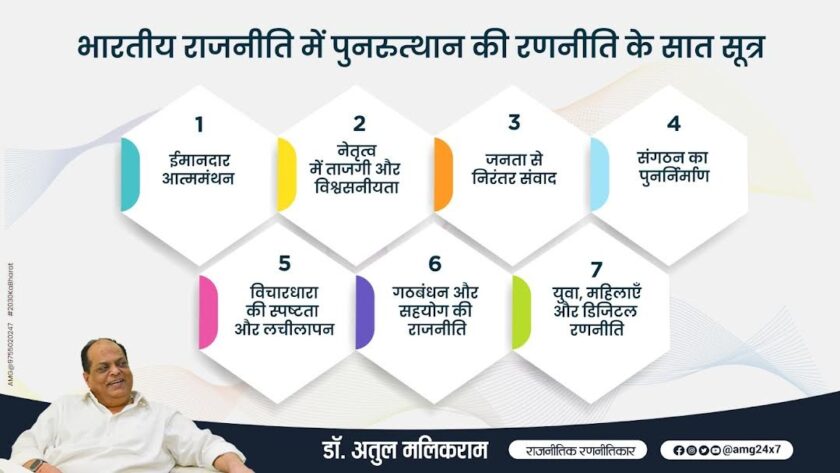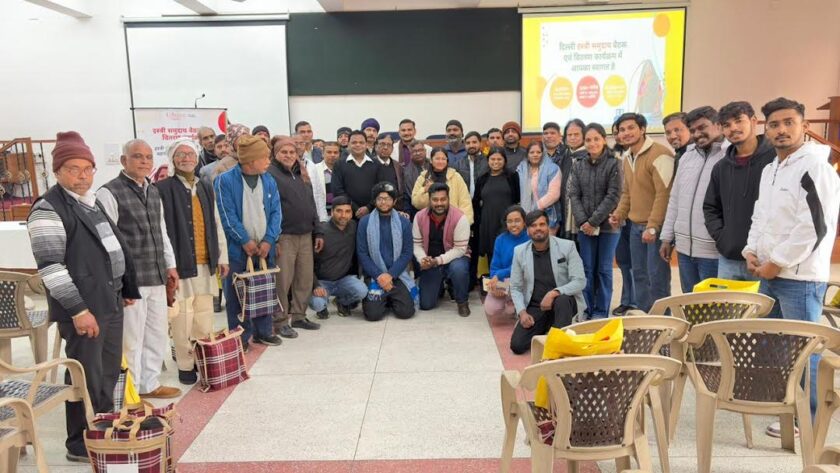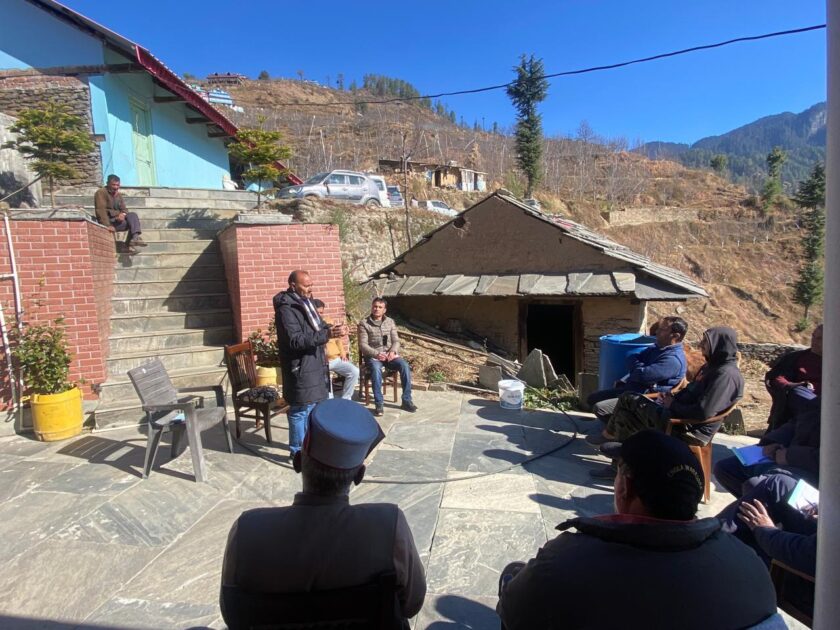From Transform Rural India to Bal Raksha Bharat, their focused efforts address pressing issues in health, child welfare and community development
Lucknow: Families are a core part of our evolving world. Supporting them through family-friendly policies is crucial to building stable and inclusive societies, according to the UN Women report ‘Families in a Changing World.’ Each year on May 15, we observe the International Day of Families to recognise the role families play in society and the challenges they face. In India, the concept of family continues to shape community life, offering support systems, emotional stability, and a foundation for cultural and ethical values. This framework has also enabled various non-profit organisations, local self-governments, and policymakers to implement effective grassroots initiatives.
On this International Day of Families, explore four development organisations transforming rural India through their most effective family-centred approaches.

An Overview:
Transform Rural India (Neighbourhoods of Care)
True to its motto, ‘Grounded Solutions, Scalable Change,’ Transform Rural India (TRI), envisions a rural India where everyone has an equal opportunity to thrive. Among the development designer’s most impactful initiatives is Neighbourhoods of Care (NoC), a community-driven model that places people at the centre of healthcare governance. At the core of NoC is the idea of shared responsibility, especially through the active involvement of women-led Self-Help Groups (SHGs), Panchayati Raj Institutions and frontline health workers. By anchoring healthcare governance within local bodies like Jan Arogya Samitis, NoC strengthens community oversight and ensures that health services respond to local needs and everyday challenges. The model recognises that health outcomes are influenced not only by medical interventions but also by social, ecological, behavioural, and gender-related factors. It enables families to quietly shape these aspects through everyday attitudes, habits and support systems. NoC is built on the core idea of developing a strong support network that brings together community institutions and governance platforms to strengthen collective responsibility for health. This involves regular community dialogues, participatory health planning, and the active involvement of local leaders in monitoring services and addressing concerns.
Smile Foundation (The Life-Cycle Approach)

Founded in 2002 by Santanu Mishra and a group of like-minded professionals, Smile Foundation is an Indian development NGO that follows a holistic Life-Cycle Approach. Its programmes focus on family health, livelihoods, and women’s empowerment, addressing the needs of children, their families, and the broader community. At its core is a family-centric model based on the understanding that individuals cannot thrive in isolation. By addressing the interconnected needs of all family members, the NGO works to build a support system where the family becomes a platform for lasting change. Its ‘Health Cannot Wait’ initiative delivers essential healthcare services to the doorstep of vulnerable communities, with special attention to women and children. Complementing this are awareness activities like school health camps and street plays, encouraging families and children to adopt preventive and health-seeking behaviours.
Navjyoti India Foundation (Community Development)
Navjyoti India Foundation, established in 1988, is a nonprofit organisation working in urban slums and rural areas across North India. Its mission is to prevent crime by addressing the underlying social issues of poverty, illiteracy, unemployment, and gender inequality. The foundation operates on the belief that lasting community change begins with empowered families. Its integrated model for community development is centred around the 6S framework: Sakshar, Saksham, Sashakt, Swachh, Swasth and Swavlambi. Through this framework, the foundation works to resolve long-standing social issues such as domestic violence, child marriage, family breakdown, and weakened community bonds. These challenges have shaped its approach to crime prevention, focusing on addressing root causes rather than symptoms.
Bal Raksha Bharat (Save the Children India)
Since 2004, Bal Raksha Bharat has been working across 16 states in India to ensure that children grow up in safe, nurturing environments. The NGO collaborates closely with government bodies at the national, state, and district levels to implement child welfare programmes. Its family-focused approach to disaster response and child protection emphasises preparedness, risk reduction, and long-term recovery. The organisation recognises that children are often the most vulnerable during humanitarian crises, facing risks such as family separation and various forms of abuse. Bal Raksha Bharat goes beyond immediate relief by maintaining ongoing support systems for affected children, ensuring continuity in care and protection throughout the recovery process.









